Filmmaker 5 with William Hellmuth: Dixieland
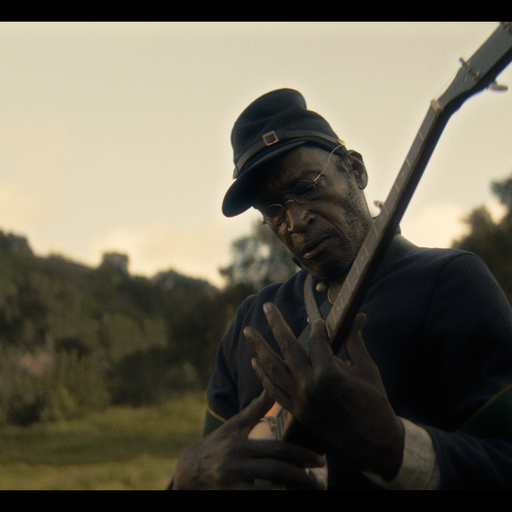
In Dixieland, Tony Todd (Candyman, Night of the Living Dead, etc.) plays a Black Union physician. After his regiment is destroyed, he flees into the Virginian woods, stumbling on a Confederate soldier hiding in a cave. They share a fire, and try to find a moment of understanding before the sun comes up.
Dixieland screens on Monday, August 14 during the 19th Annual Oscar-Qualifying HollyShorts Film Festival. Our Classic Couple Academy interview with Dixieland filmmaker William Hellmuth follows.
Filmmaker 5.1: Dixieland opens with the line “The line between good and evil runs right through every human heart.” How did you set about capturing this theme in the film?
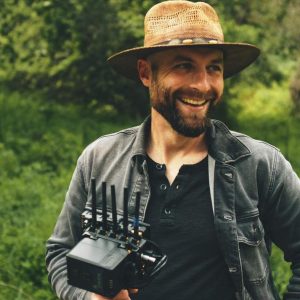
It actually ended up working the other way around. J wrote this script, capturing beautifully how there is always a sliver of commonality that all humans share, no matter how drastic our differences may seem. The moment I read the script, it brought to mind a quote from Aleksandr Solzhenitsyn, recalling his time in the Soviet Union’s prison camps, and how he observed that any person can fall victim to tribalism and false ideologies. It’s a sentiment that I think fits perfectly into America’s Civil War and is especially relevant today. That quote became the opening text of Dixieland.
Filmmaker 5.2: Tony Todd and Philip Orazio give powerful performances in Dixieland. As director how did you work with your actors to achieve these performances?
I truly was blown away watching Tony and Philip on set as they fully committed to these characters. I don’t want to claim any credit when it comes to performances this truthful and powerful. My goal is always to foster an environment that allows my actors to fully express themselves and not be worried about making mistakes.
It all started with me having one-on one-conversations with Tony and Philip where we’d explore. Then, we did a couple of read throughs. The first time we did a read through, my goal was to just listen to them and tune into what they were bringing to the characters and try to home in on what they were doing. I can’t direct them if I don’t know where they’re coming from. The second read through, we did some exploration and kind of played around the boundaries a bit. But the goal was never to “figure it out” or “nail it.” Once we were on set, it was just a matter of trusting the actors and trusting J’s writing (actors and writers…seems to be pretty relevant right now, right?).
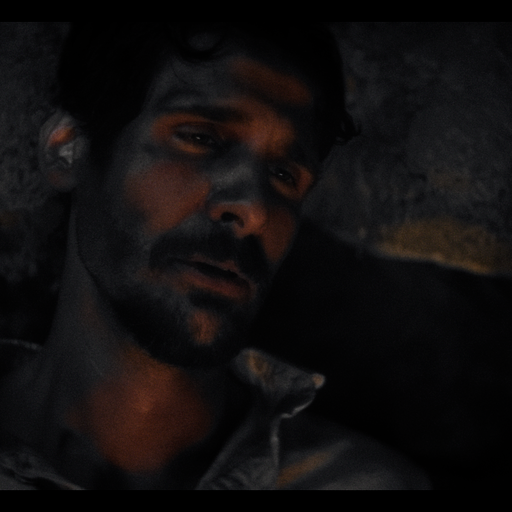
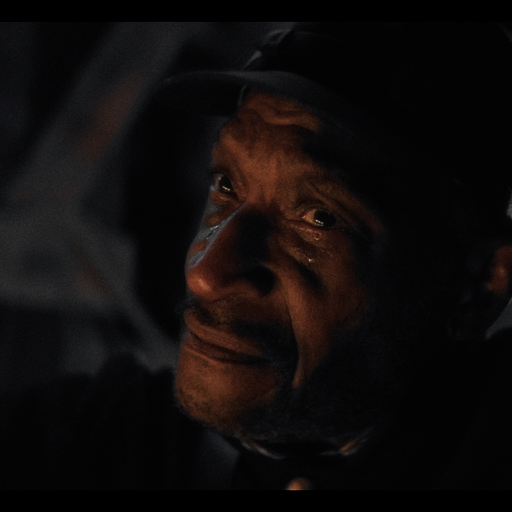
Filmmaker 5.3: The film is set in 1864—161 years ago. How did you aim to bridge a historical setting with storytelling that is relevant today?
I think, even though times change, humanity remains the same. Our core struggles never change. By pinpointing this specific period of time where humans were trying to live together, and largely failing, I think a story naturally happens that is relevant not just in this day and age but for all of time.
Filmmaker 5.4: How would you describe your collaborative process with the film’s writer J. Scott Worthington to bring this story to film?
J and I have been collaborating now for about four years. We’ve written and produced a sci-fi short together, ran that festival circuit, developed three feature films and a TV show, and have spent the last couple years pitching those around town and raising funds. All that to say, we’ve built up a lot of trust between the two of us. Creatively, we’re attracted to the same kinds of stories and have very aligned sensibilities.
Dixieland, specifically, is a result of our open communication and trust between each other. J wrote this story in grade school in the very beginning of his writing career. One day he told me about it, and a day or two later I called him up and said, “Hey… why don’t you adapt that into a screenplay and we make it into a short?” About a year later we were wrapped with production. It was the perfect project for us because we’d spent a year or so pitching, and this was a chance for us to not stop creating.
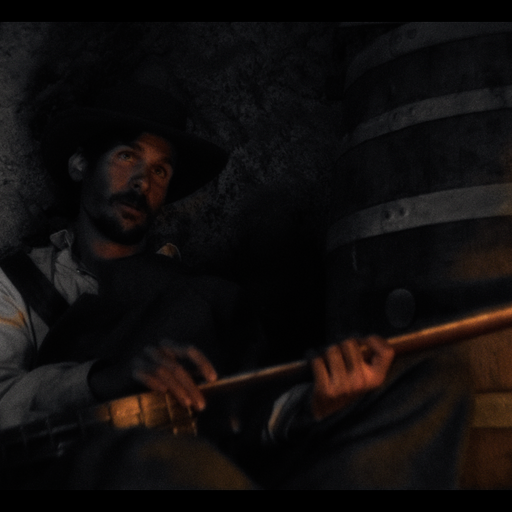
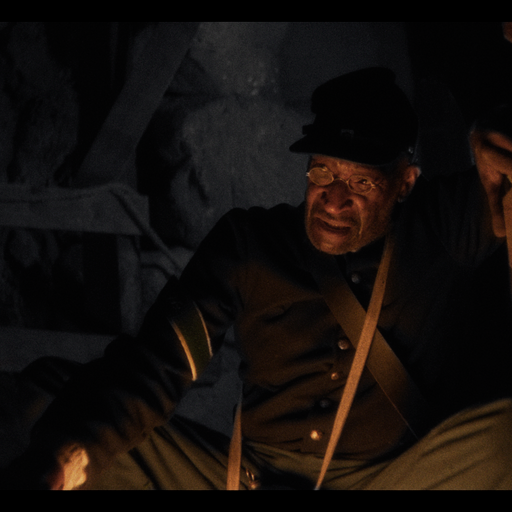
Filmmaker 5.5: As a maker of short film, what is the importance of film festivals like HollyShorts to your craft?
Short films typically have a very limited, or no, platform. So, for starters, any organization or company that’s willing to give short films a platform is hugely important. But, when you have a prestigious film festival like HollyShorts, that has a true commitment to excellence, it becomes even more powerful. HollyShorts really does stand out amongst film festivals as a festival that not only screens world-class films, but equips its filmmakers with tools for promotion, networking and community. Film festivals like HollyShorts are a big part of what helps independent filmmakers like me build a reputation and a career.

